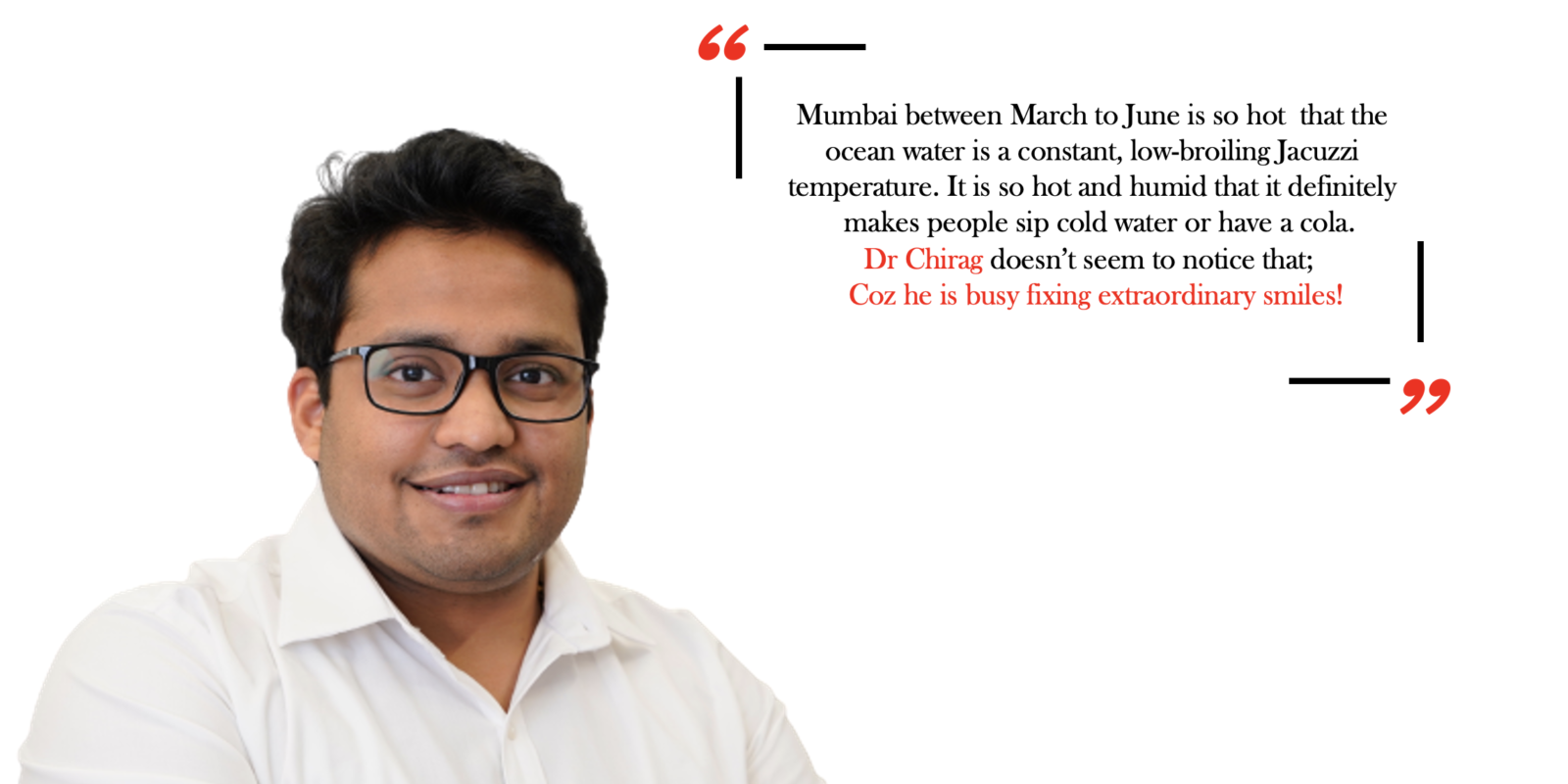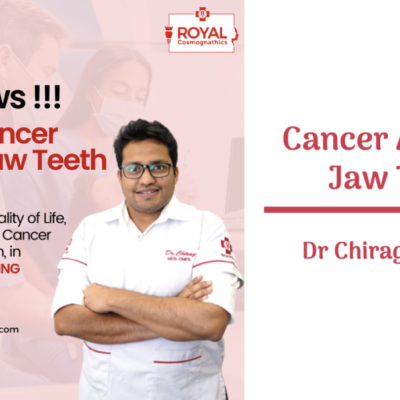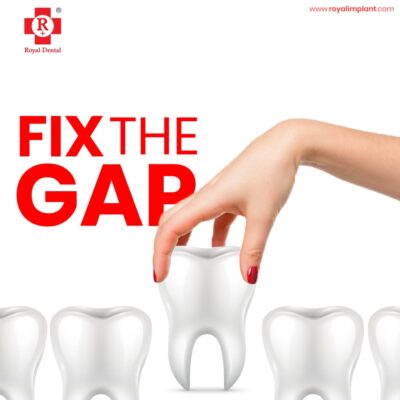The oral surgeon is a highly specialized dentist or doctor who typically deals with treatment of the mouth and jaw, including the teeth and gums. An oral surgeon can also be called a dento-facial surgeon, a facial plastic surgeon, or an oral and maxillofacial surgeon. A maxillofacial surgeon performs orthognathic surgeries that involve the mouth and jaw. Such as corrective surgeries, removing benign growths, fixing broken jaws from trauma etc.
Oral surgeons perform simple and complex tooth extractions, including wisdom tooth extraction. They also provide care to accident victims who need reconstructive dental surgery. They may also perform soft tissue biopsies, tumour removal, jaw realignment surgery, soft tissue repair, or positioning of implants.
Corrective Jaw Surgery by Oral Surgeon
Jaw surgery is often done to realign the jaw and teeth when they do not align correctly. Or to treat TMJ (Temporomandibular joint) disorders, or correct jaw injuries after accident and broken their jaw. Some of these surgeries can be performed under local anaesthesia with sedation or require general anaesthesia. The oral surgeon will discuss the best options for your individual situation.

One type of surgery that is often done by an oral surgeon is an orthognathic surgery, also known as corrective jaw surgery. This procedure is used to realign the jaw, bite, and teeth when they are crooked or out of alignment due to genetics, injury, or other reasons. Orthognathic surgery usually involves repositioning the jaw and realigning it to the correct position. Depending on the situation, orthognathic surgery may be combined with other procedures such as a palate reshaping (also known as a palatal expanders) or a tongue reduction surgery.
Dental Extractions
Oral surgeons usually perform dental extractions as a way to remove teeth that are broken, decayed, infected, or otherwise unhealthy. This procedure is usually done with local anesthesia with or without IV sedation. It is important to note that not all extractions are done by an oral surgeon, and it is often a general dentist who extracts a tooth. The surgeon may be called to extract in special circumstances, such as when one or more teeth are deeply embedded in jawbone. Or if the patient has TMJ disorders that make it difficult to open their mouth. Depending on the situation, dental extractions can be done with a simple scalpel-free removal of the tooth, or with a surgical removal. Dental extractions are typically done with local anesthesia and IV sedation.
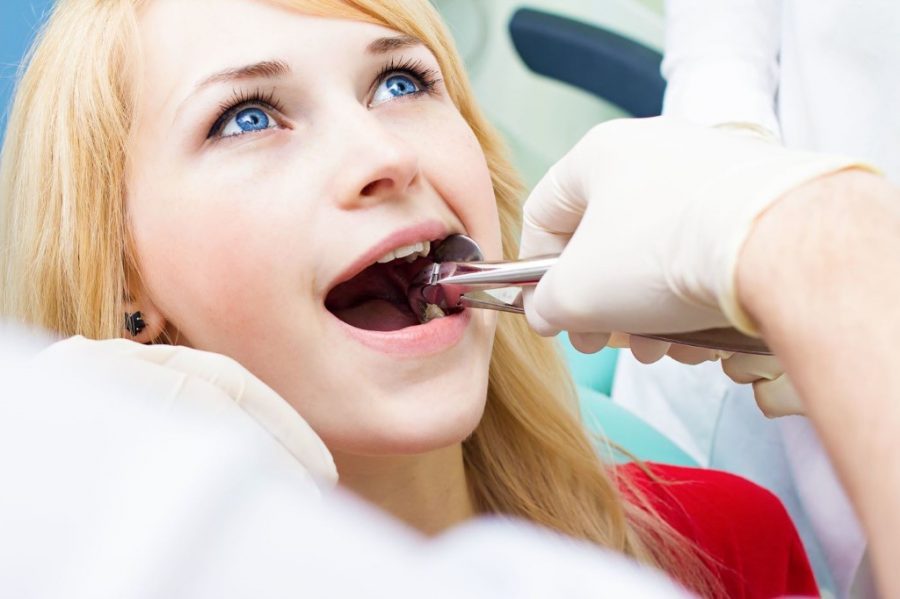
Growth Removal by Oral Sugeon
Growths in the gums or inside of the cheeks, such as cysts and tumors, are sometimes removed by an oral surgeon. When a growth is benign, meaning it is not cancerous, it is usually removed by a surgical procedure. Surgeons remove growths by either removing them fully or “debulking” them, which means cutting into the growth and removing as much of it as possible. The growth removal can be done under local anesthesia with sedation, or general anesthesia and being put to sleep. The oral surgeon will discuss the best options for your individual situation.
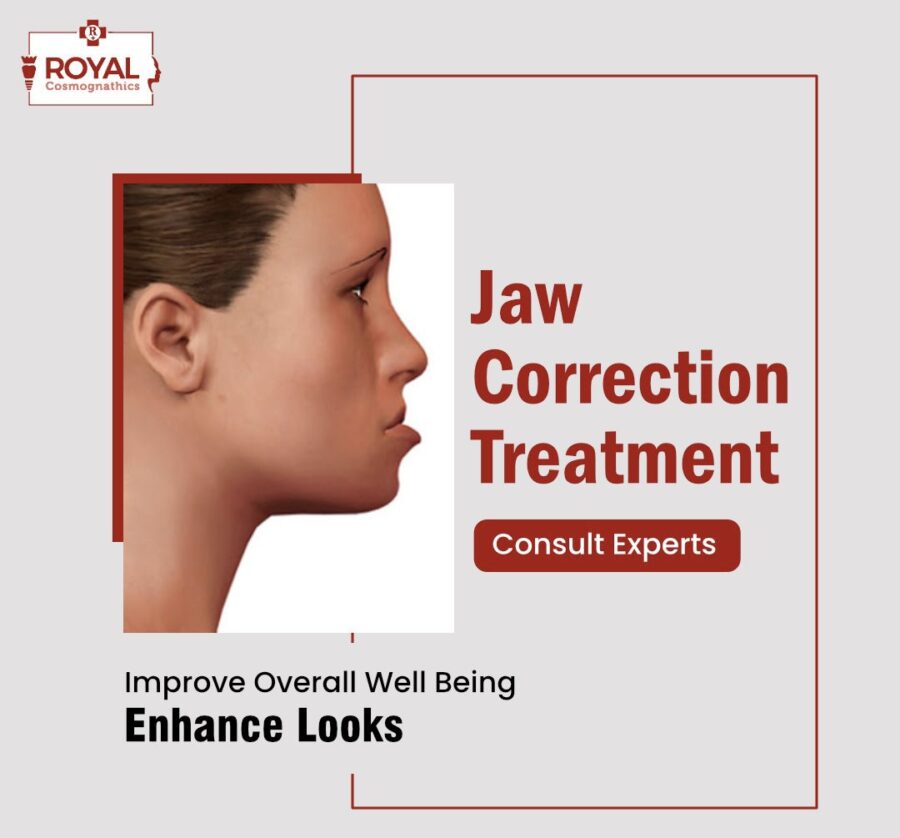
Repairing Broken Jaws
If you break your jaw, or a doctor diagnoses a fracture in the jaw, you may need to see an oral surgeon. Depending on the severity of the break, an oral surgeon may choose to wait until the fracture heals by itself or use surgery to realign the bones in the jaw and put the broken parts back together again. Depending on the situation, the oral surgeon may perform surgery under local anesthesia with sedation, or general anesthesia and being put to sleep. The oral surgeon will discuss the best options for your individual situation.
Other Procedures by Oral Surgeon
Some surgeons may perform procedures that are not related to jaw or facial bones such as removal of benign growths from the tonsils, removal of wisdom teeth, or even biopsies of growths inside the mouth such as on the palate or inside the cheeks. These procedures can be done under local anesthesia with sedation, or general anesthesia and being put to sleep. The oral surgeon will discuss the best options for your individual situation. Some oral surgeons specialize in pediatric dentistry and treat infants, children, and teens. These dentists typically deal with the mouths of young children and correcting abnormalities in the mouth.
Conclusion
A surgeon is a specialized dentist deals with the mouth and jaw, and treats problems with the teeth and gums, to correct issues with the jaw, mouth, and face. An oral surgeon may perform all of these procedures, or may specialize in one or more of them.

